The Best Companion Plants For Corn
The Best Companion Plants for Corn
Corn is a popular garden crop that is relatively easy to grow. However, there are a few things you can do to improve your chances of a bountiful harvest. One of these things is to plant companion plants. Companion planting is the practice of planting certain crops together in order to benefit each other. There are many different companion plants that can be grown with corn, but some of the best include:
- Beans. Beans are nitrogen-fixing plants, which means they can add nitrogen to the soil. This is beneficial to corn, as nitrogen is an essential nutrient for plant growth. Beans also provide shade for corn plants, which can help to protect them from the sun and wind.

- Cucumbers. Cucumbers are another good companion plant for corn. They help to suppress weeds and keep the soil moist. Cucumbers also benefit from the shade cast by corn plants.

- Dill. Dill is an herb that attracts beneficial insects, such as ladybugs and hoverflies. These insects help to control pests that can damage corn plants. Dill also helps to improve the flavor of corn.

- Marigolds. Marigolds are another herb that attracts beneficial insects. They also help to repel pests, such as aphids and corn earworms. Marigolds can also improve the drainage of soil, which is beneficial to corn plants.
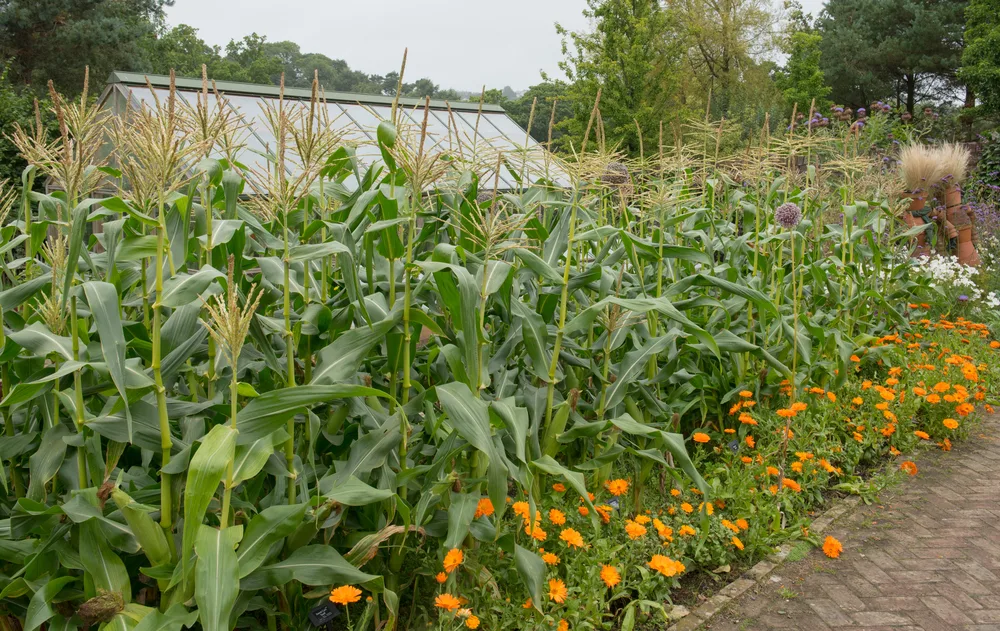
- Nasturtiums. Nasturtiums are edible flowers that attract beneficial insects. They also help to repel pests, such as aphids and whiteflies. Nasturtiums can also improve the drainage of soil, which is beneficial to corn plants.
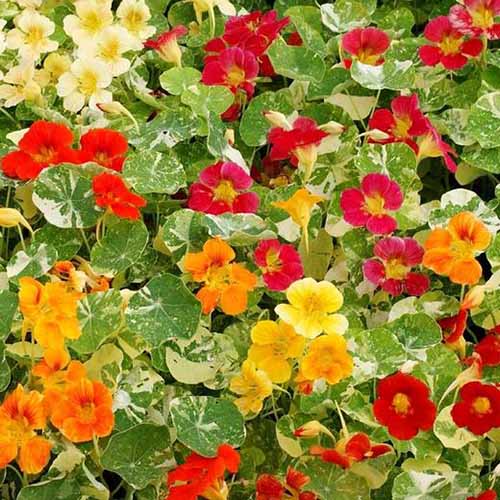
- Potatoes. Potatoes and corn are often planted together in a traditional Native American planting method known as the "three sisters." The three sisters are corn, beans, and squash. Corn provides a sturdy support for the beans to climb, the beans fix nitrogen in the soil, which benefits the corn and squash, and the squash shades the soil and helps to suppress weeds.
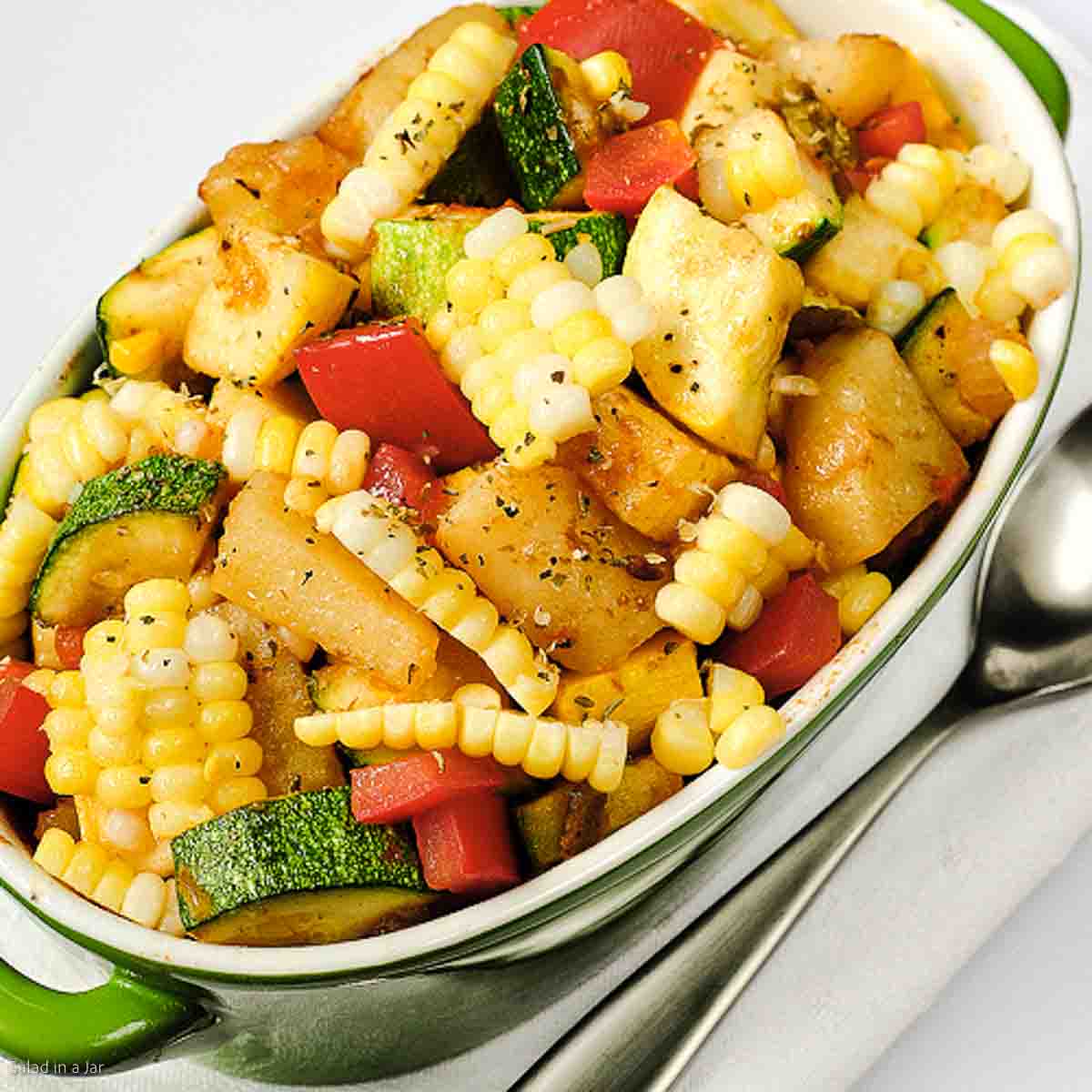
- Pumpkins. Pumpkins are another good companion plant for corn. They help to suppress weeds and keep the soil moist. Pumpkins also benefit from the shade cast by corn plants.
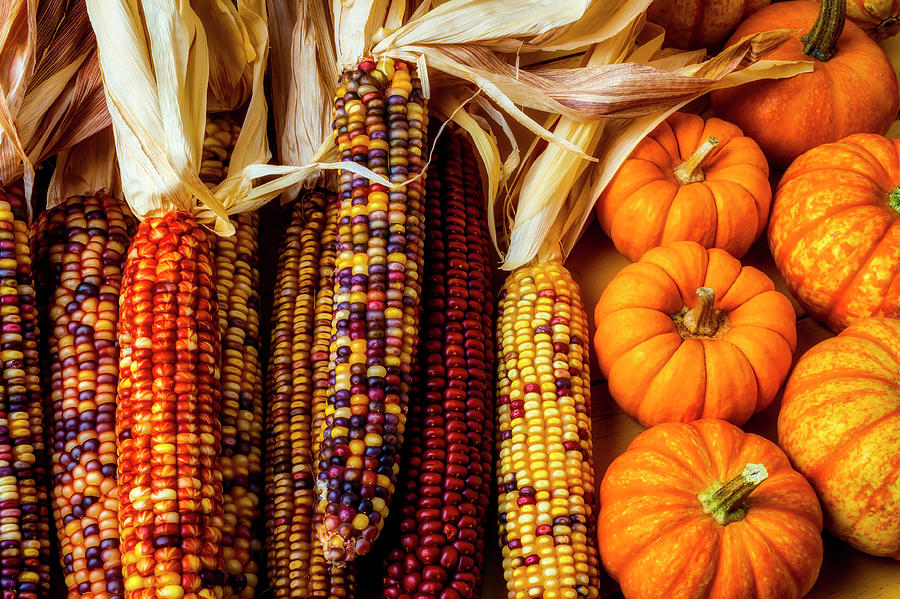
- Sunflowers. Sunflowers are tall plants that can help to protect corn plants from the wind. They also attract beneficial insects and help to improve the drainage of soil.
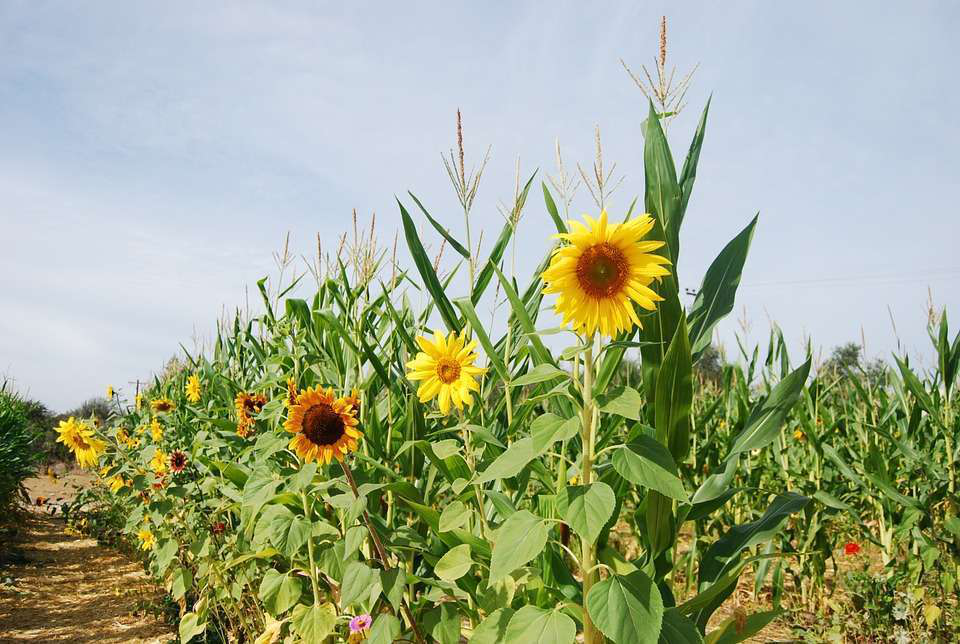
When choosing companion plants for corn, it is important to consider the needs of both plants. For example, corn needs full sun, so you will want to choose companion plants that also thrive in full sun. You will also want to consider the size of the plants. Corn can grow quite tall, so you will want to choose companion plants that will not outgrow it.
Planting companion plants can help to improve your chances of a bountiful corn harvest. By considering the needs of both corn and its companion plants, you can create a healthy and productive garden.
FAQ of best companion plants for corn
Q: What are the best companion plants for corn?
A: Some of the best companion plants for corn include:
- Beans: Beans fix nitrogen in the soil, which can help to improve the growth of corn plants.
-(2).jpg)
- Cucumbers: Cucumbers can help to suppress weeds and provide shade for corn plants.
- Dill: Dill attracts beneficial insects that help to control pests, such as aphids and cabbage loopers.
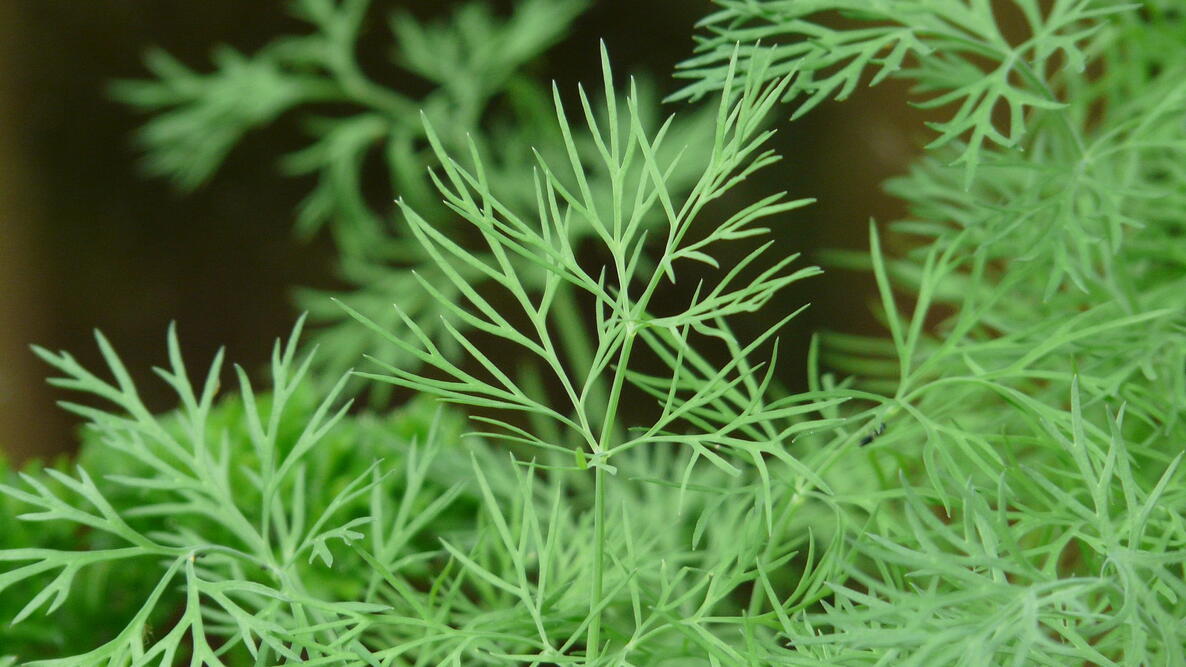
- Marigolds: Marigolds repel harmful insects, such as aphids, beetles, and nematodes.
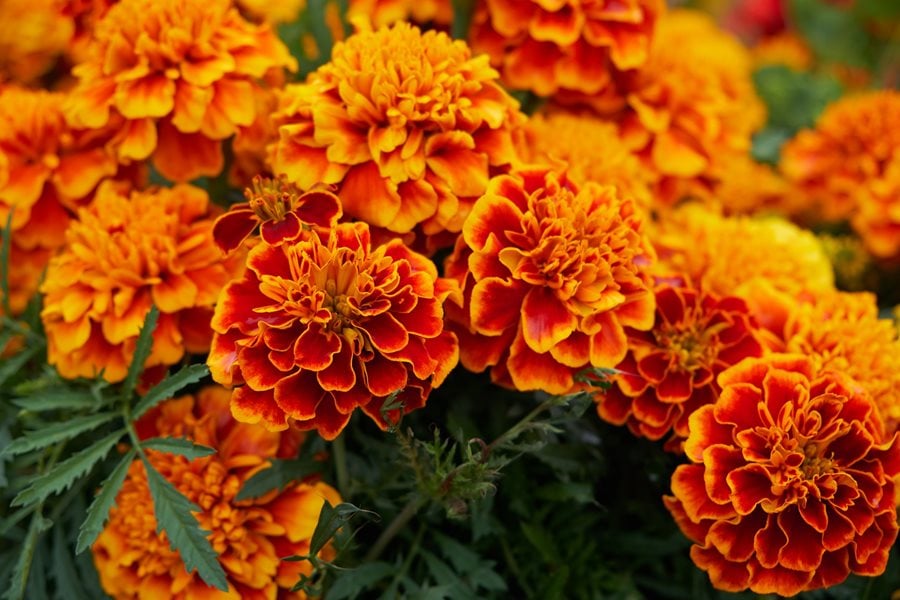
- Melons: Melons can help to suppress weeds and provide shade for corn plants.
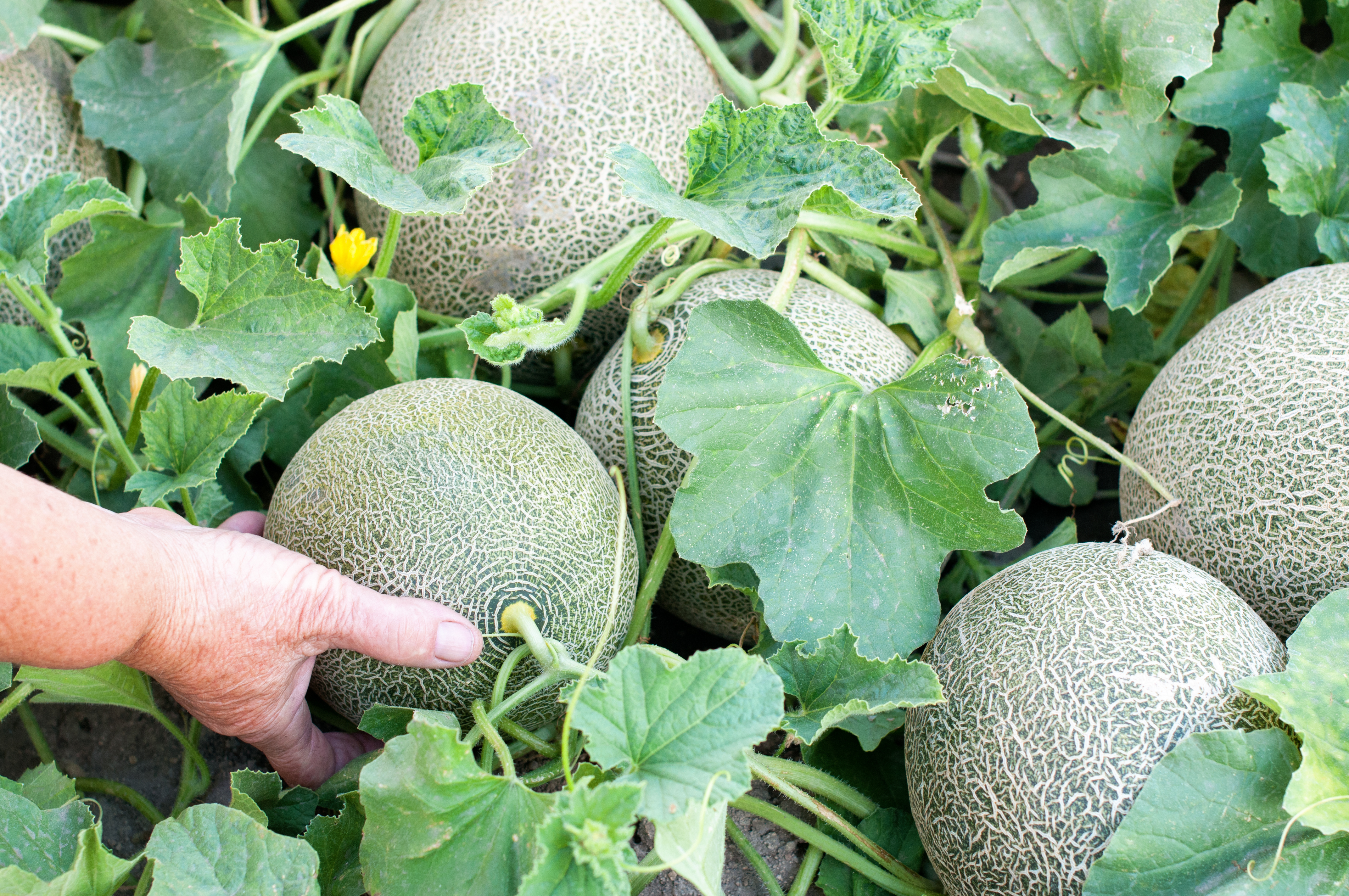
Q: What are the benefits of companion planting with corn?
A: Companion planting can help to improve the growth and productivity of corn plants in a number of ways. For example, companion plants can:
- Attract beneficial insects: Beneficial insects, such as pollinators and predatory insects, can help to control pests that can damage corn plants.
- Suppress weeds: Some companion plants, such as cucumbers and melons, can help to suppress weeds by shading the soil and competing with weeds for water and nutrients.
- Improve soil health: Some companion plants, such as beans and peas, can fix nitrogen in the soil, which can help to improve the fertility of the soil and the growth of corn plants.
- Provide shade: Some companion plants, such as sunflowers and corn itself, can provide shade for corn plants, which can help to protect them from heat stress and pests.
Q: What are some companion plants that should not be planted near corn?
A: Some companion plants that should not be planted near corn include:
- Potatoes: Potatoes can compete with corn for water and nutrients.

- Tomatoes: Tomatoes can attract the same pests as corn, such as aphids and spider mites.
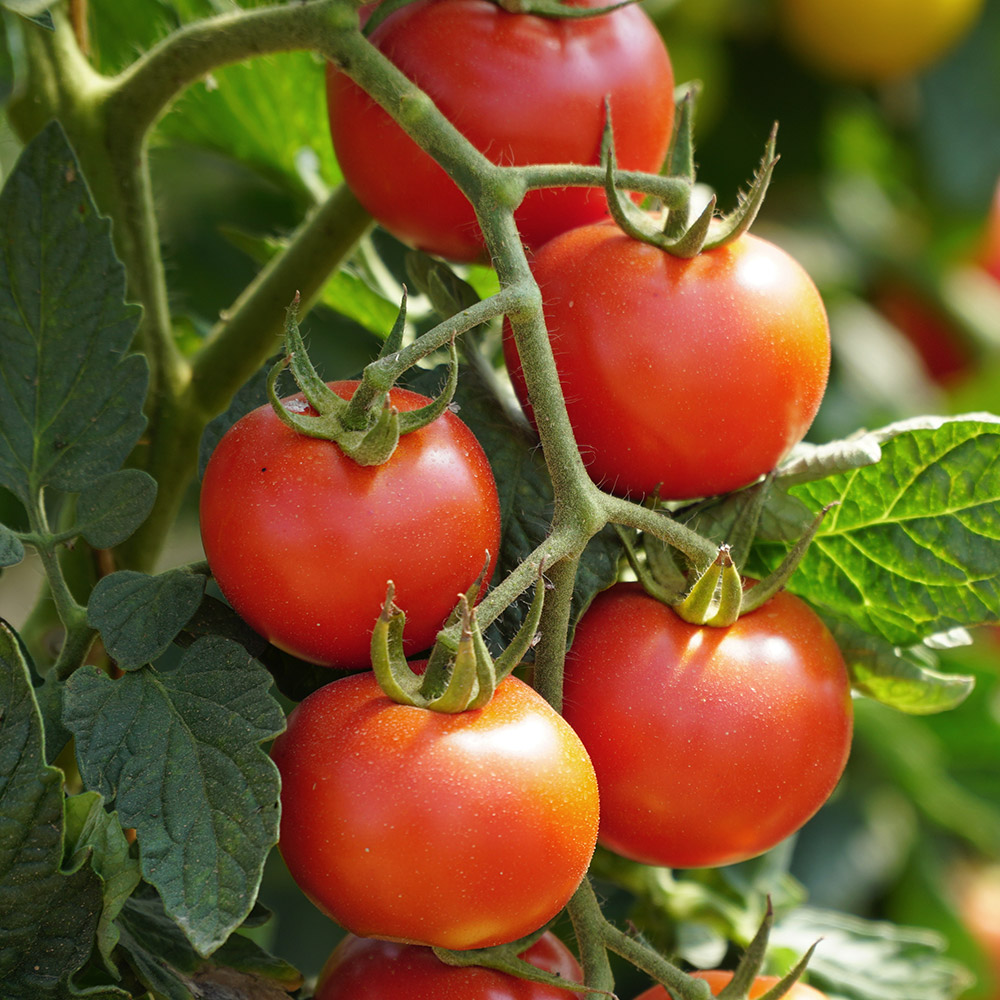
- Cabbage: Cabbage can attract the same pests as corn, such as cabbage loopers and aphids.
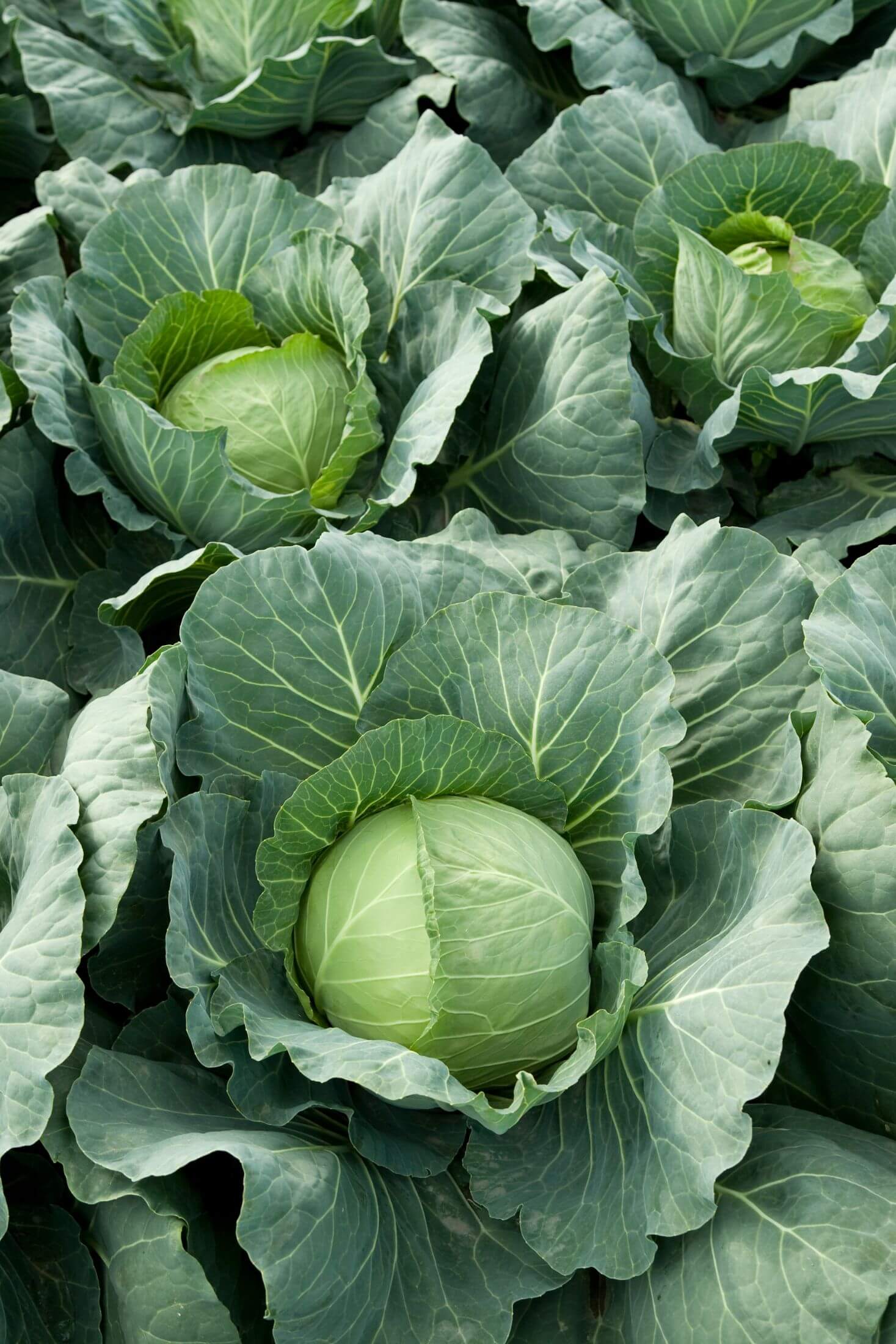
- Spinach: Spinach can suppress the growth of corn plants.
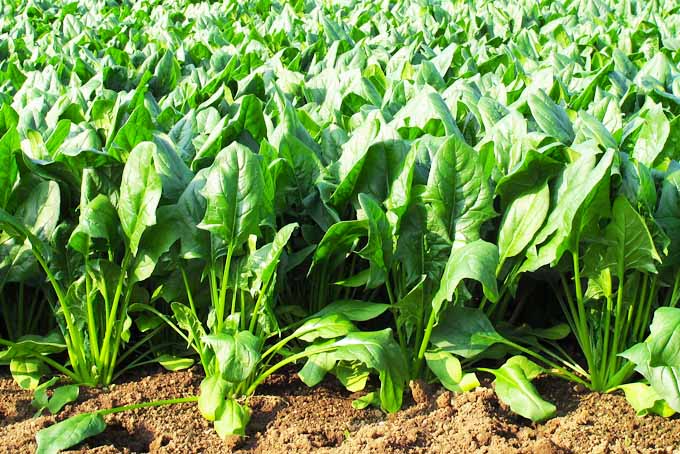
- Pumpkins: Pumpkins can shade corn plants and prevent them from reaching full maturity.
Q: How far apart should corn plants be planted?
A: The distance at which corn plants should be planted apart depends on the variety of corn being planted. However, in general, corn plants should be planted about 18-36 inches apart.
Q: What are the best growing conditions for corn?
A: Corn needs full sun and well-drained soil. The soil should be fertile and have a pH of 6.0 to 6.8. Corn is a heavy feeder, so it is important to fertilize the soil regularly.
Image of best companion plants for corn
- Borage helps to attract pollinators and can deter pests like cabbage moths and tomato hornworms.
- Cucumbers help to suppress weeds and provide shade for the corn roots.
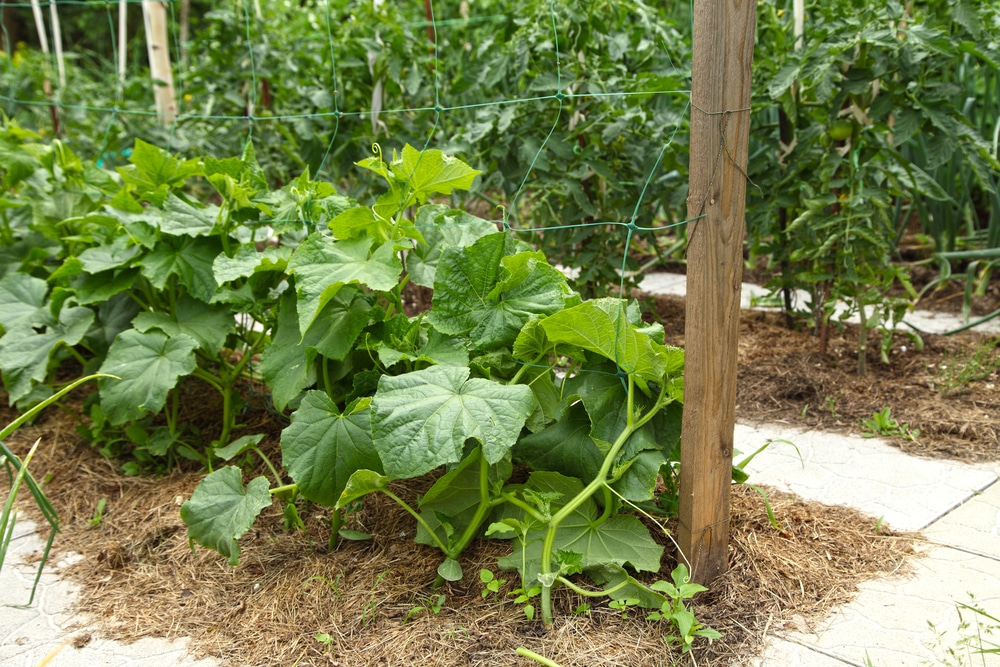
- Dill helps to repel pests like aphids and spider mites.
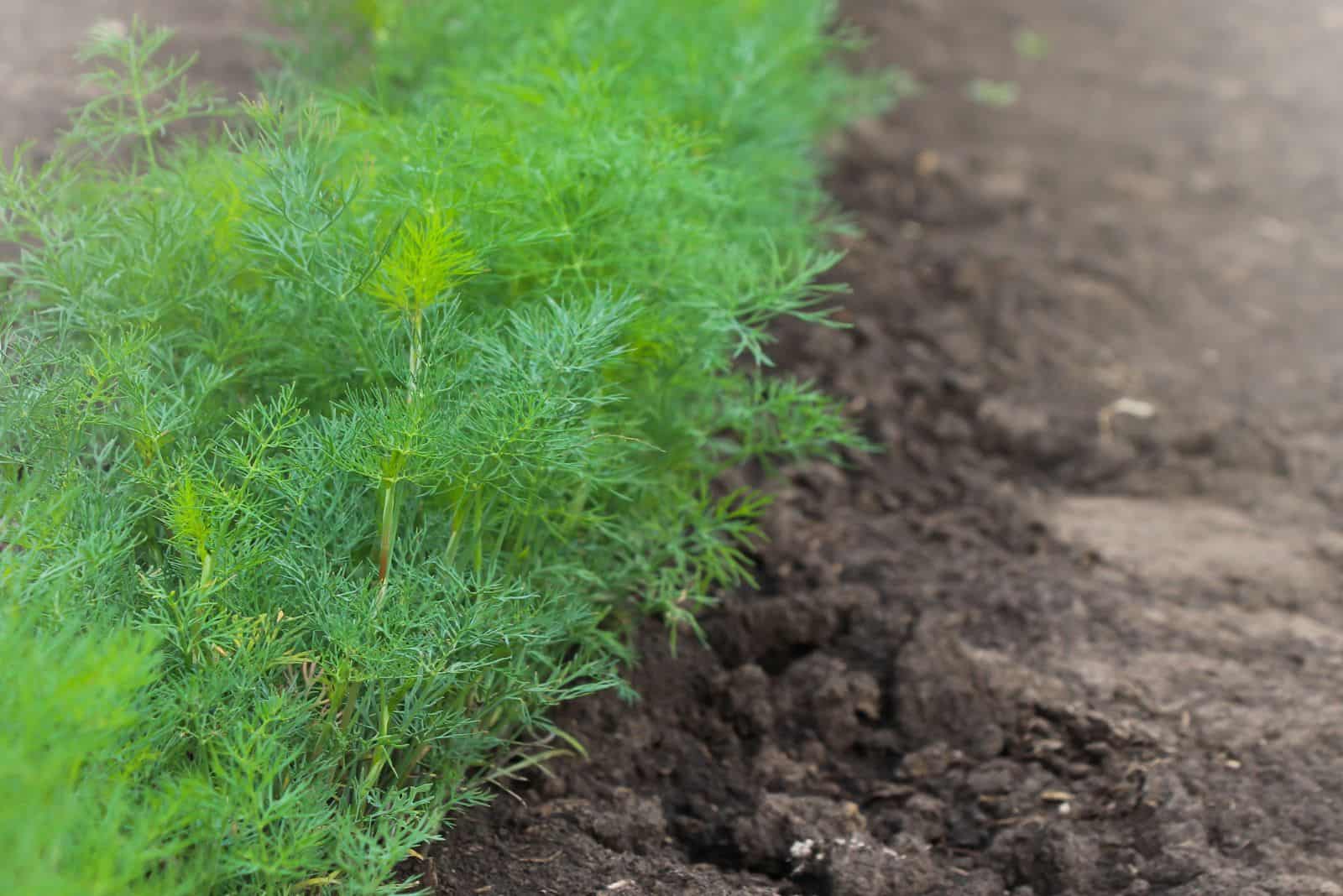
- Marigolds help to attract pollinators and can deter pests like nematodes and rootworms.
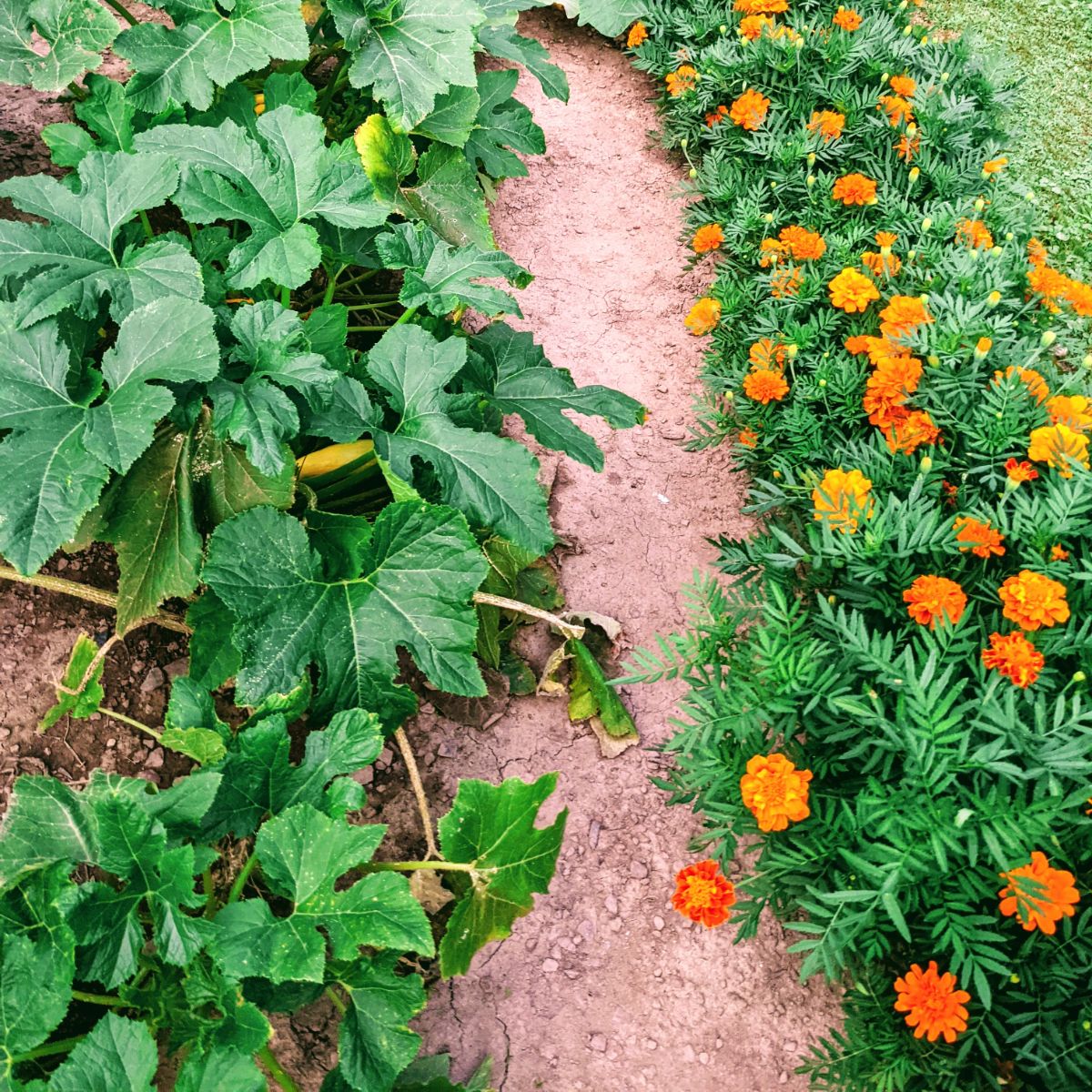
- Pole beans help to fix nitrogen in the soil, which benefits the corn plants.
Post a Comment for "The Best Companion Plants For Corn"